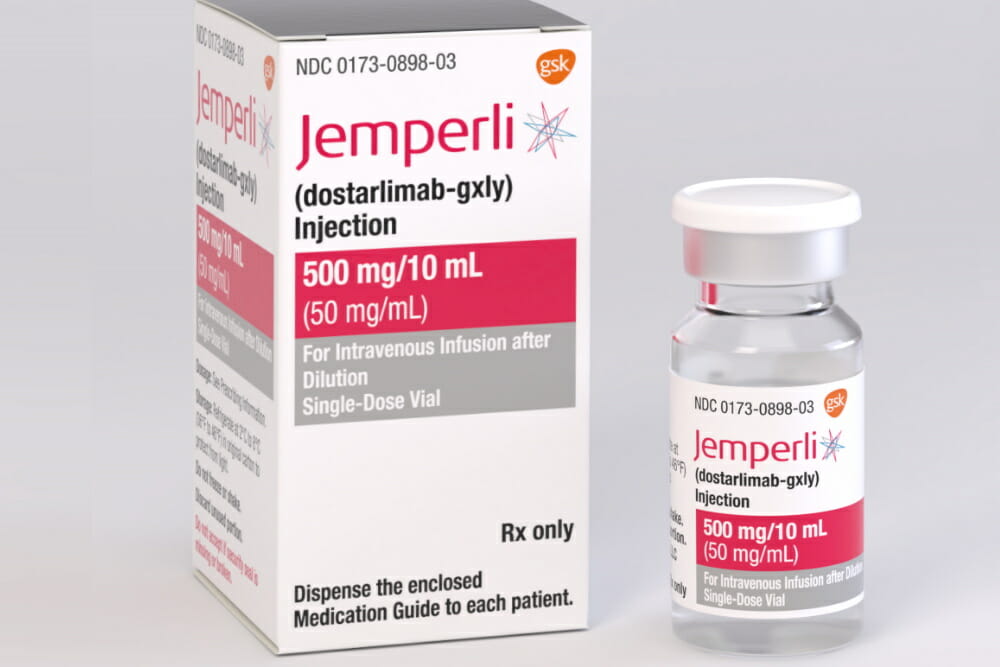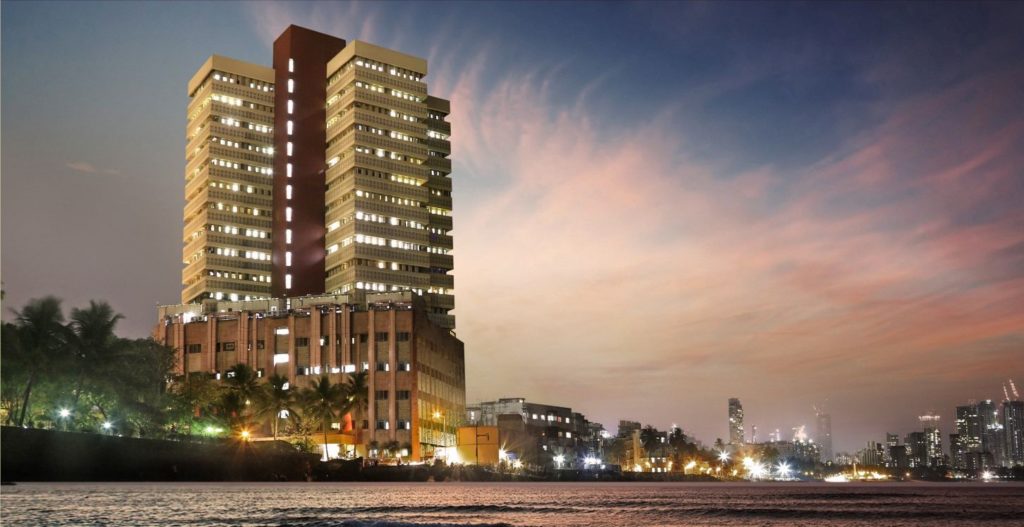

Durrant Pate/Contributor
As the world grapples with the burden of the dreaded cancer disease, the news of a medical trial having miraculously removed tumours from a few patients, who took a drug called Dostarlimab, has bought some rays of hope in India.
It was a small clinical trial where patients with rectal cancer were put on immunotherapy for six months. The trial was done on twelve patients and they published the data, results of which are now known internationally.
This drug is actually useful in a subset of rectal cancer patients which have one specific genetic abnormality which is known as MMR, which is known as mismatch repair gene deficiency. Commenting on the drug, Dr Sajan Rajpurohit, director of medical oncology at BLK Max Super Speciality questioned whether Dostarlimab will be the hope for a cure for all cancers. He also querried whether the cancer cure is near or if we’ll have to wait before the cure reaches all.
Findings from clinical trials
In the clinical trials, Dr Sajan Rajpurohit explained that the patients responded very nicely to the monoclonal antibody saying, “It is a kind of antibody, which works by improving the body’s immunity, and it helps the body’s own immunity to go and kill the cancer cells. The results are really very fascinating because all the 12 patients had a very good response, and at six months, no tumour was seen in their [bodies]. So the results are very encouraging.”

Continuing he said, “So with respect to cancer cure, cancer is very much curable, especially in stage one, sometimes in stage three too. Only stage four is where we really struggle with cures. But then with these new antibodies which are targeting specific gene abnormalities in cancer cells, we are reaching clarets of functional cures even in stage four cancer patients.”
For Dr Wesley Jose, clinical associate professor of medical oncology at Amrita Hospital in Kochi, “This is an important trial to prove the concept of tailoring cancer treatment according to individual patients. This trial drug (Dostarlimab) however is not the panacea for all cancers.”
He added that the 12-patient trial is a very small trial (called phase two trial) and has been done in patients with cancer of the rectum (the terminal part of the large intestine). All these patients were unique as their cancer was deficient in a gene called mismatch repair.
Jose made the point that people with this kind of gene abnormality are more sensitive to treatment with immunotherapy. That is the reason for such a response to the treatment.
Concerns about cost of cancer treatment
The bigger concern currently is the cost of immunotherapy drugs. A paper presented by Tata Memorial Hospital in the same meeting, where Dostarlimab data was presented, reported that only three per cent of Indian patients are able to even afford these drugs, which is quite a sorry state of affairs.
The hospital reported that what is needed is not just the drugs but also policies which make these drugs affordable and available to common people. Dr Jagdeesh Kulkarni, director of the Asian Cancer Institute – Cumballa Hill, heaped compliments for the designing and successful completion of the Dostarlimab study in loco-regionally advanced rectal cancer patients.
He said that the research has further shown that mutilating surgery, which ends in colostomy can be avoided. Kulkarni highlighted that, “despite the small number and short follow-up, the result is exemplary and very encouraging. However, this approach needs more numbers and longer follow-ups to reach [a] standard of care. Lastly, this study could be extended to other clinical settings e.g. bladder, bowel and oesophagus cancers to name a few.”
Dr Sachin Almel, section coordinator of medical oncology at the Hinduja Hospital & Medical Research Centre in Mumbai, declared that it is early to say that Dostarlimab can be pathbreaking but it is definitely something as these results have never been seen in clinical trials.

Said Dostarlimab, “It is quite interesting to see how these Immuno checkpoint inhibitors have worked and the 12 patients were found to be cancer free. We need to be mindful regarding this trial, there was a small set of people who it worked for, plus a very small percentage of patients suffering from rectal cancer would be apt for this treatment. But this is definitely a start towards more effective cancer care.”
According to Dr Shishir Shetty, senior consultant of surgical oncology at the Apollo Cancer Centre in Mumbai, “The news of Dostarlimab, a new hope, a revolution in cancer treatment which was presented at ASCO has kept my phone ringing for the last few days….I believe a larger study is needed to go ahead with clinical implementation.”







Comments